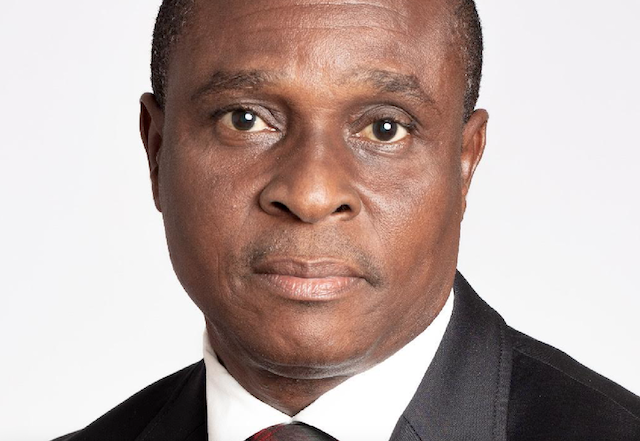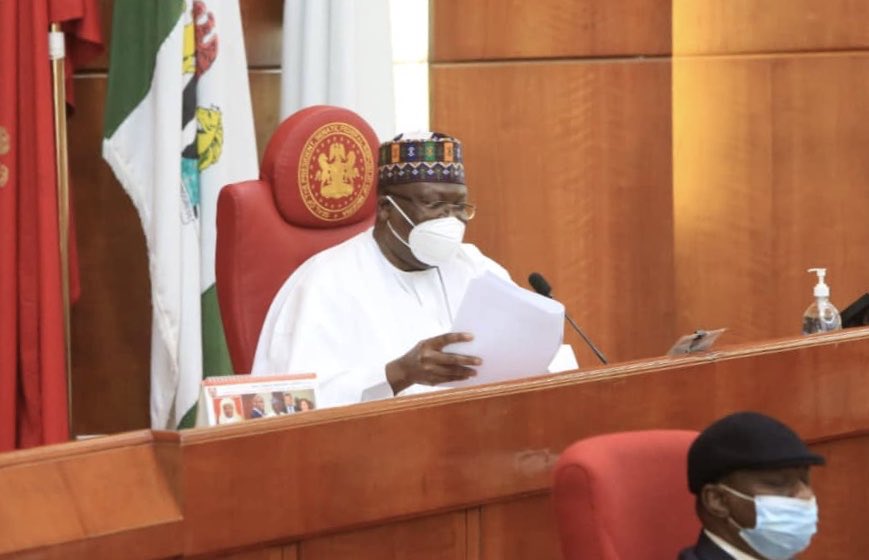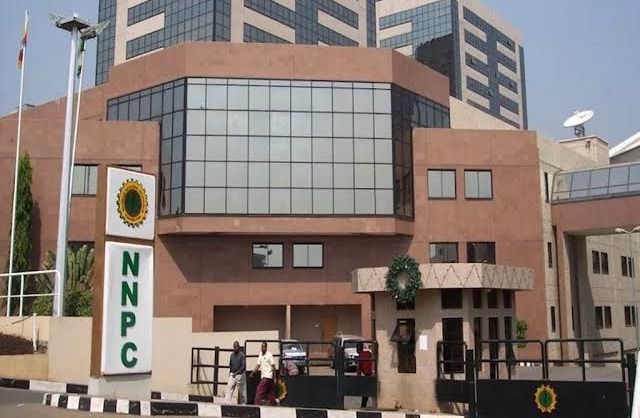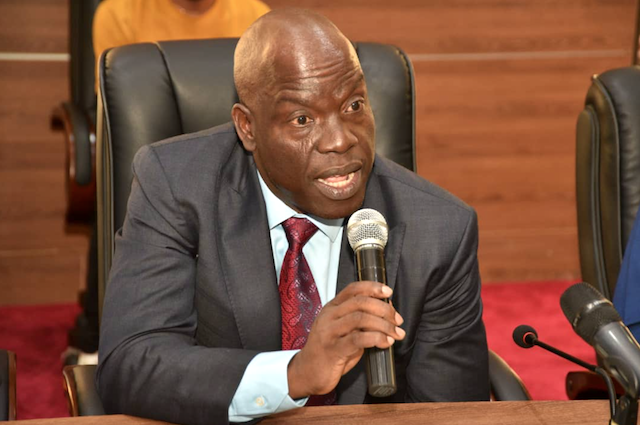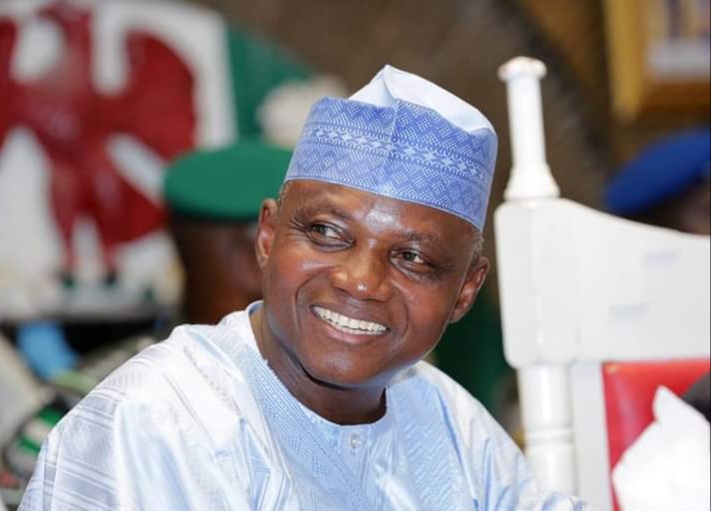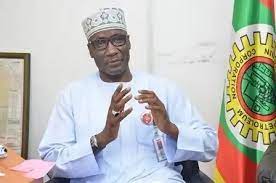For decades now most Nigerian maritime experts have been worried over the absence or abysmally low capacity of indigenous players in the maritime sector given the fact that more than 80% of Nigeria’s economy is dependent on maritime activities. The crude oil and the import and export trades are sea-bound activities. Wet cargo revenue far outstrips dry cargo. The target has been to deepen Nigerians’ participation in the estimated US$ 10 billion coastal shipping. Investments are usually capital intensive and that is the reason the government’s intervention is vital towards creating impetus.
Technology and communication earnings certainly do not belong to this equation. Nevertheless, technology may be key to unlocking the potential of the local shipping business. For instance, deploying technologies to vessel dashboards could help minimize thefts. Vessels, ships, crafts, barges and all other marine transportation systems are heavily reliant on foreign inputs. These gulp millions of dollars to acquire. It is along this perspective that one must understand the federal government and NIMASA’s intervention through Cabotage Fund to aid more local participation in sea transport.
Domestication of several maritime rules has been championed by several Nigerians who out of patriotism canvass for a reduction to the millions of dollars in exports that could otherwise develop the maritime space. However, the domestication of rules is just one problem. The capacity has to be built up organically such that every resource is available for fully grown services. For instance, Nigeria does not have the required number of admiralty lawyers both at the bench and bar to adjudicate on maritime cases. Of course, there are few Nigerian admiralty lawyers but all of them are practising in London’s Lloyds market. Cases emanating from Nigerian jurisdiction are shipped overseas to be settled there because most charterers and vessel owners are foreigners. Added to the FOB rules for cargoes, it would seem that dominance by overseas traders is affirmed.
Therefore, the structure required for Nigeria to begin to have some form of domestication of maritime practices would yet have to be deliberately built up. Hand-in-hand with financing ships acquisition, some universities may have to be endowed to open studies in admiralty law as a specialization while academicians could be sponsored by government institutions to acquire the knowledge. The Nigerian Police as well as other prosecutorial ambulation structures will take cues to train personnel for that purpose.
Hence, Nigeria could still operate its cabotage businesses; build, register ships, and indigenize shipping for coastal trade and yet parties to any dispute will travel to another jurisdiction for settlement. Specifically, London will definitely host all the cases arising from maritime business disagreements if no trained and knowledgeable manpower is available.
So-called cabotage is the transportation of passengers and goods between two places in the same country. Originally applying to shipping, port to port, the terms now extend to aviation, railways and road transport is some countries. It pertains to the right to operate a shipping business within a country and therefore, connotes a restriction. Lower insurance costs, lower risk of accidents and a lower rate of piracy attacks and a better guarantee for goods are some of the perceived advantages for charterers.
The Cabotage Act also known as the Coastal and Inland Shipping Act 2003 seeks to indigenize inland transport business through the Cabotage Vessel Financing Fund (CVFF) established under the Coastal and Inland Shipping (Cabotage) Act, 2003.
The US$350million plus US$350million funding
The Nigerian Maritime Administration and Safety Agency (NIMASA) have taken a firm step in the direction of building the needed capacity. Only recently it announced the federal government’s approval to begin the disbursement of US$350 million in cabotage funds to qualified indigenous operators with a relevant pedigree in shipping. Eleven banks have been shortlisted as primary lending institutions under the scheme. The purpose is for ships, vessels, barges, crafts and so on to be owned and serviced here in the country for any meaningful development to commence.
There is another tranche of US$350million for the same purpose through the Nigerian Content Development and Monitoring Board’s Nigerian Content Intervention Fund (NCI Fund). It is hoped this is not the same fund approved for disbursement through NIMASA’s Cabotage Vessel Financing Fund (CVFF).
Altogether, the US$700million from both NIMASA and local NCDMB presents a huge opportunity for the maritime sector, especially locally-owned shipping companies, to develop local capacities in those areas in that Nigeria has complete jurisdiction for coastal shipping.
Therefore, the objective of disbursing US$700 million is to ensure that “all vessels that engage in coastal shipping in Nigeria are built in Nigeria, owned by Nigerians, manned by Nigerians and registered in Nigeria.” The spillover of this empowerment will be the strengthening of the local insurance capacity for local shipping. In addition, more seafarers trained at such cost to the government will find jobs to deploy their skills. The Nigerian Dockyard will also be amply busy in building to specification the required vessels appropriate for Nigerian waters.
Where a vessel is needed in Nigeria but does not meet the requirement of being wholly built, registered and operated in Nigeria and by Nigeria, the law and guidelines provide for a waiver application from the charterer on the particular requirement they are seeking to be waived and ensure that no indigenous capacity is available in that area before recommending to the federal ministry of transportation for approval. Ambiguities as to the classification of some vessels classified as foreign vessels should also be cleared up. These include vessels with foreign registered companies but owned by Nigerians and registered under foreign flags due to the requirements for the financing of such vessels’ acquisition.
Transitioning
But there is a caveat which shades the objective of indigenizing coastal businesses –– the Cabotage Department of NIMASA is to “ensure that the Oil and Gas Industry which is the mainstay of the Nigerian economy and provides over 80% of the cabotage trade business, is not destabilized.” This clause may eventually subvert the cause of building the shipping structures that would operationalize the cabotage business in the country. The reason for this is not far-fetched; currently, transactions are dollar-denominated and most vessels and charterers are foreigners and the movement of oil and petroleum must be constant. The most important of all is the fact that part of NIMASA’s revenues accrues from the 2% levy collection from the gross contract sum of all cabotage vessels in Nigeria.
The transition is not going to be very smooth because this 2% revenue will suffer disruption and the caveat to ensure the smooth running of Nigeria’s oil transactions and transportation would certainly pose a roadblock. In this respect, a body of oversight professionals should be constituted to oversee Nigeria’s cabotage transition. It is also doubtful if NIMASA has seen and identified the need for this course of action. If it has taken 19 years and 16 years to activate the Cabotage law and guidelines respectively, then a close scrutiny of the processes should be put in place to see through the operational phase of the vessels acquired by local players. The Ship Building and Ship Acquisition Fund should serve as a lesson on Nigerian soil.
Cabotage Vessel Financing Fund (CVFF) is the Fund meant to be used to help indigenous operators acquire vessels for tonnage capacity building and gradually take over fully from foreign operators. What these flagships will achieve will determine the future of coastal maritime trade in Nigeria and the milestones will be destined to provide a blueprint for further development of the sector.
Resources to bank on
o The Dangote Refinery is projected to start full operations by 2023. Though fossil fuel is gradually being phased out in developed countries, yet the refining capacity and consumption in the local market would provide ample development opportunities for the cabotage to thrive.
o There are about 2,050 Nigerian seafarers trained by NIMASA with about 800 engaged by mostly foreign shipping lines. Indigenous shipping companies may absorb the rest that is unemployed if they are properly equipped.
o The establishment of other deep seaports in other regions of Nigeria’s vast maritime enclave will support expansion and provide jobs and hubs of activity for many Nigerians. This policy ought to be pursued with vigour in view of the scope expected in the cabotage enactment.
o The Nigerian Content Development and Monitoring Board (NCDMB) assisted vessel acquisition funds in support of Nigerian local content in the oil and gas services providing another opportunity to transit from a foreign-dominated space to one populated by Nigerian shippers. The Bank of Industry manages the Nigerian Content Intervention Fund (NCI Fund) established by the Nigerian Content Development Fund.
o It is also important to gazette any waiver on imports of ship-building components to counterbalance the single-digit loans for ship acquisition.
Dispute Resolutions
Any legislation or judgement which cedes crew arbitrage exclusively to the National Industrial Court should be examined as shipping is international and requires accelerated discharge of cases in order to engender confidence. The High Courts should also have jurisdiction over such cases to also develop capacity in this field. Prior to proper constitutional amendment of fresh legislation in this aspect, experts advise that courts when faced with such challenges can constitute a special panel and invite friends of the Court to help in resolving crew claims disputes. Charterer issues have their own complications which may not immediately be ventured into by Nigerian courts.
It is in this light that the efforts to entrench informed maritime decisions by the courts should also be viewed. The yearly training of judges through the collaboration of the Nigerian Maritime Law Association and the National Judicial Institute should be supported by the government. In like manner, the Cabotage Implementation Forum set up by the Nigerian Shipowners Association, lawyers, the Nigerian Chamber of Shipping and other stakeholders is geared towards building the required capacity to deal with outcomes of increased local shipping.
The purported stoppage of waiver and ban of foreign ships trading in Nigerian waters must be backed with a coherent plan that situates the actions on existing local capacity and structures so that there will be no disruption in the movement of oil and gas. It is against this background that the seized vessels that are not compliant with the Cabotage Act must be reviewed.
